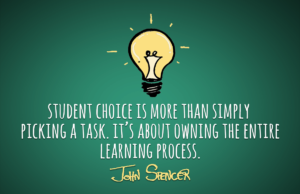
Student choice is a powerful tool in the classroom. It provides students the autonomy to determine the route they want to go to learn new skills and can also be vital in providing the most beneficial learning experience to each child. Student choice builds ownership in the learning process while keeping students motivated. It enforces true differentiation.
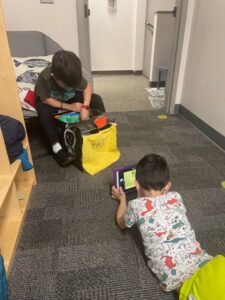
How does the Third Grade class at PNA experience choice?
- Give a say via voting: Students often have input on things like Morning Meeting games or what type of read-aloud they would like to hear.
- Prioritize choice time: Choice time is a popular idea for reading and literacy blocks. During this time, students can choose what type of activity they would like to complete to practice the skills they have learned. Some examples of this include: reading online v.s in a book and writing spelling words using tiles v.s using them in writing a letter to a friend.
- Project Outcomes: There are many different ways to show what you know. For example, students learning about animal adaptations were able to choose whether they wanted to perform a play, create a puppet show, or record a stop motion video. Although these projects have similar outcomes, it offers up the choice of how the project would be executed.
- Cocreate classroom norms: As a class, we created the rules we agreed would make a safe and productive environment to learn. When students have a say in what guidelines they should follow every day, they are more likely to follow them.
- Seating: During certain parts of the day, students have a choice where they would like to complete their work. While silent reading, for example, students have pillows, lap desks, and stuffed animals they may use to get comfy. This choice also requires students to make smart decisions about where they will be able to do their best work.
- Genius Hour: Genius Hour is a project that is geared towards each students’ individual interests. They practice skills like researching to find answers, creating a poster/PowerPoint/model to share with their peers, and presenting to an audience. They are able to dive into topics that they really care about and learn the value of curiosity in the learning process.
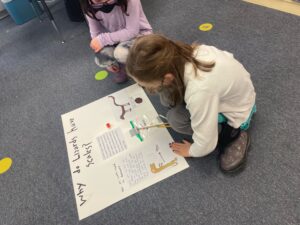
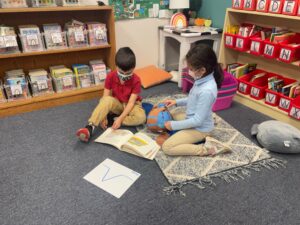
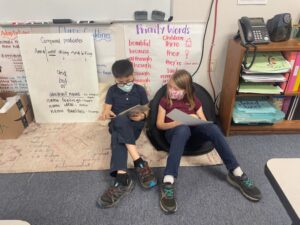
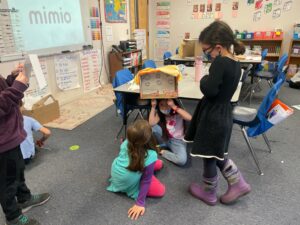
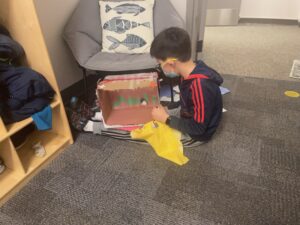
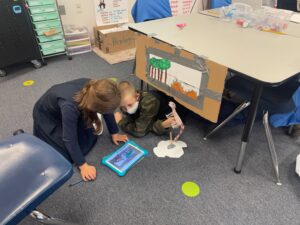
Learn more about differentiation here: https://www.readingrockets.org/article/what-differentiated-instruction
